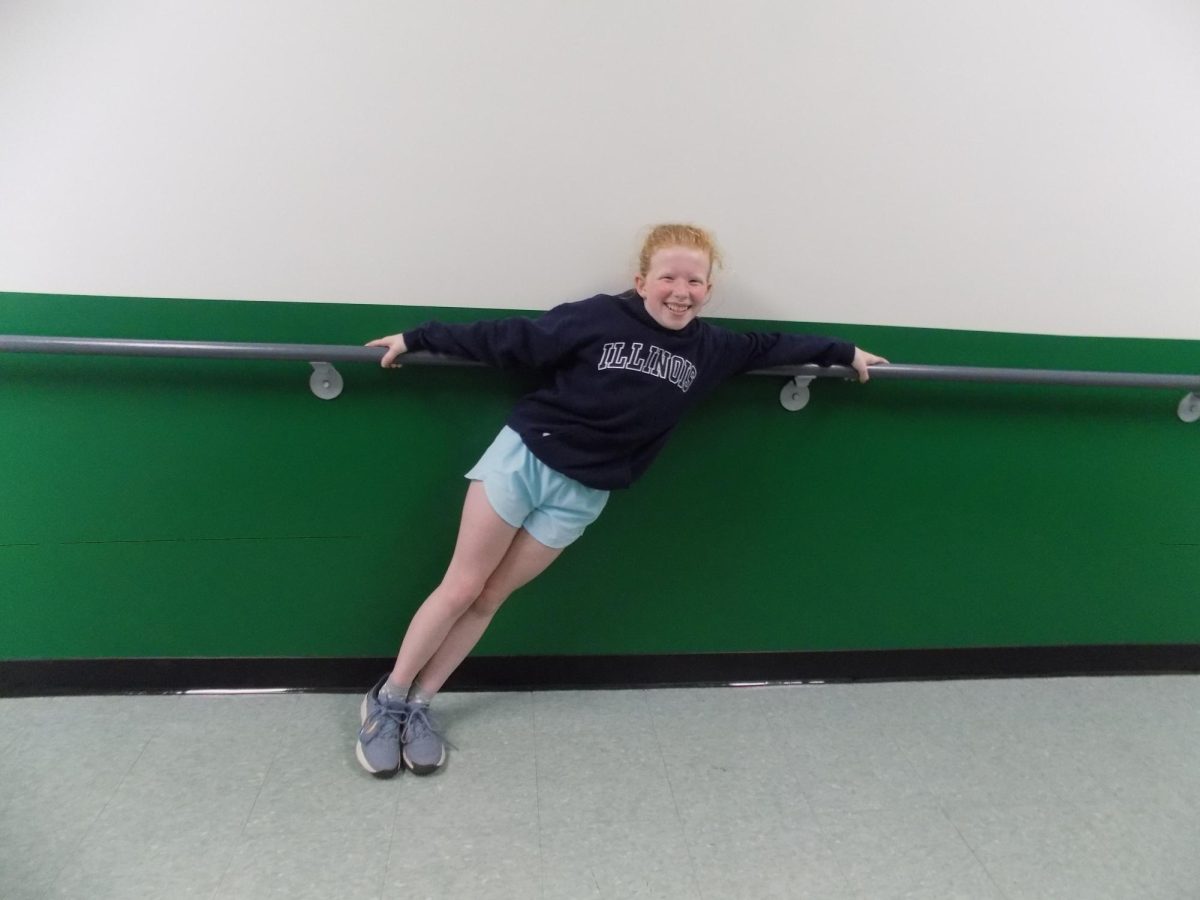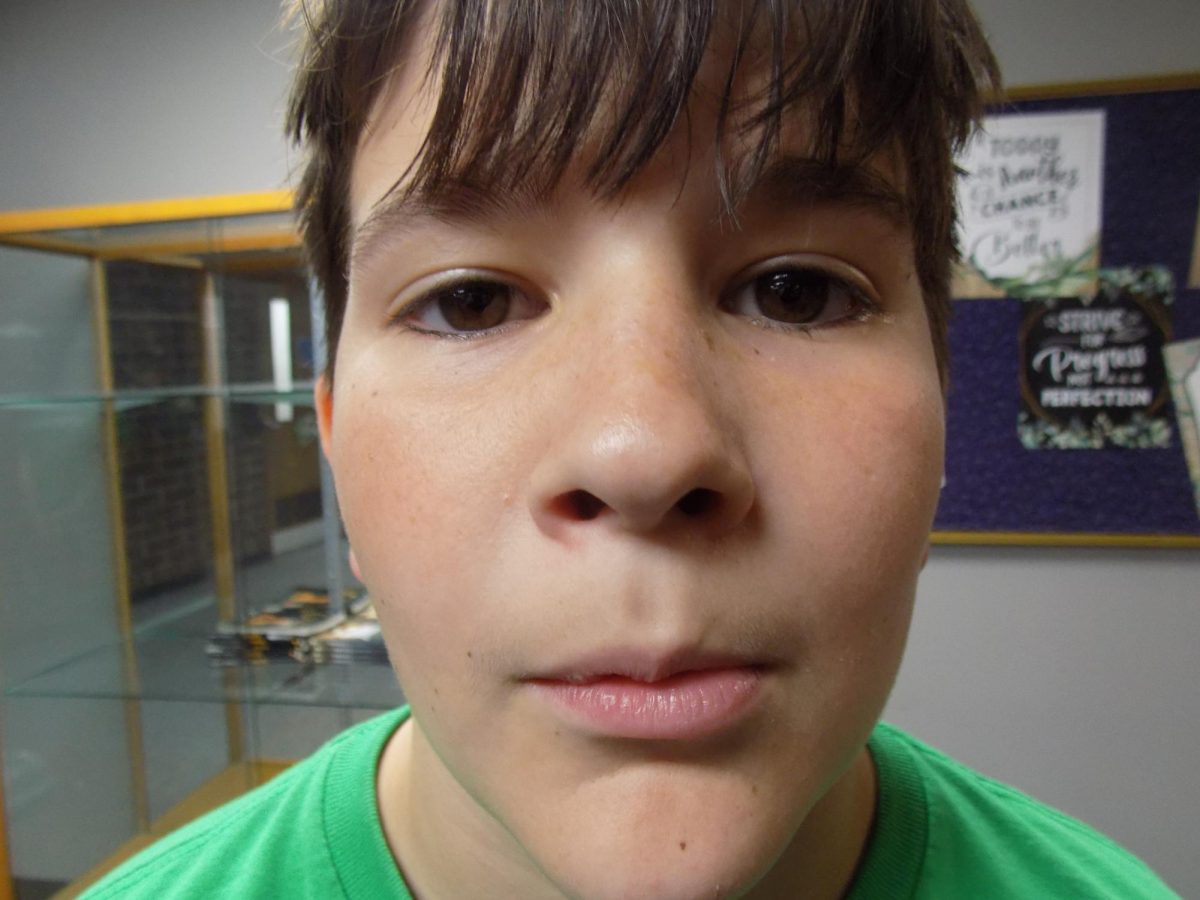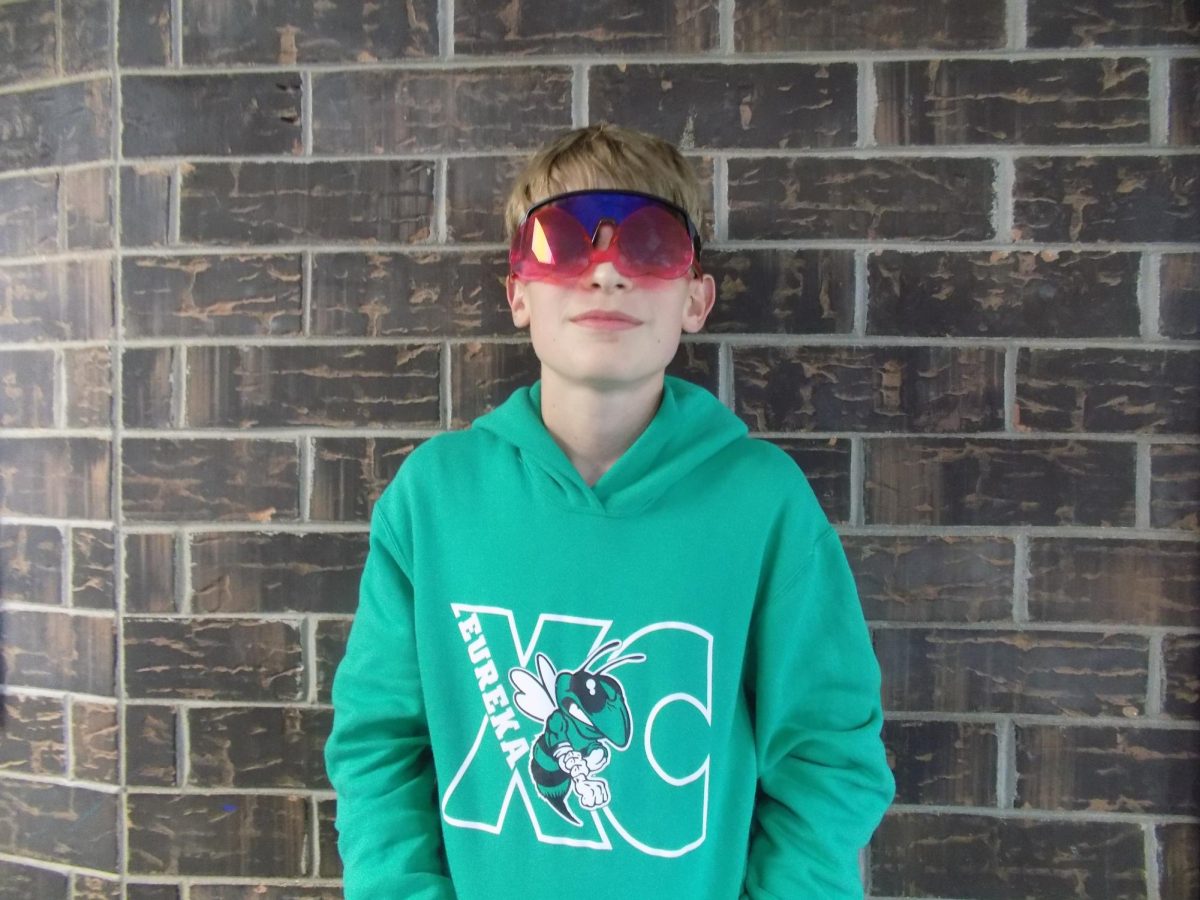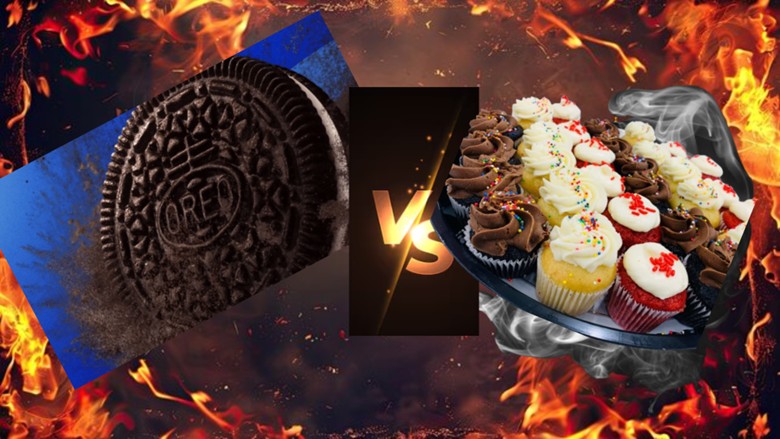Summer and winter are two widely loved seasons, each in its own way. They have many differences but can be compared to cats and dogs: there are obvious contrasts, but also some similarities. Some people appreciate the qualities of one season while feeling negatively about the other.
Summer lasts from June 21 to September 21, with autumn beginning the day after. It has the longest days of any season. There are many things to do in summer, as there is no school for most of the season. For example, you can swim in a pool or visit a water park, which is a great way to cool off while enjoying the outdoors. If the heat becomes too much, you might even be able to go on vacation with your family to a cooler destination. If you haven’t been there before, discovering new places could be exciting. You might also go camping overnight, enjoying the experience of sleeping in a tent, hearing the sounds of nature, or cooking food over a campfire. Depending on where you are camping, you might even get to fish while it’s still bright out. Other outdoor activities include taking walks around the block or riding a bike. Summer also offers sports to watch, such as basketball. However, there are fewer holidays during summer.
Winter lasts from December 21 to March 20, and it typically has a shorter break. Unlike summer, winter has shorter days. It is a very festive season, with Christmas occurring during this time. Many people enjoy receiving presents and eating ham or turkey. People sing carols and wear cozy, festive sweaters. Christmas is also a time to be with family. In addition to Christmas activities, there are other fun things to do in winter. If there’s snow, you can go sledding on a nearby hill or build a snowman, letting your creativity shine. Alternatively, you can stay inside and enjoy the warmth of a fireplace. Like summer, winter also offers sports to watch, such as volleyball, basketball, and wrestling.
Each season also has its downsides. In summer, the heat can be intense. In Illinois, you may be familiar with temperatures in the 80s and 90s, which can make it difficult to do things when you’re tired and sweating. There’s also a risk of heat exhaustion, but you can avoid this by staying hydrated or spending time indoors. Winter brings the opposite problem: the cold. In Illinois, temperatures can dip to 10 to 25 degrees. If it gets too cold, you risk frostbite or hypothermia, so it’s important to bundle up in multiple layers of clothing when going outside. Summer also brings annoying bugs that can be bothersome and sometimes even harmful.
Which season do you prefer?





















